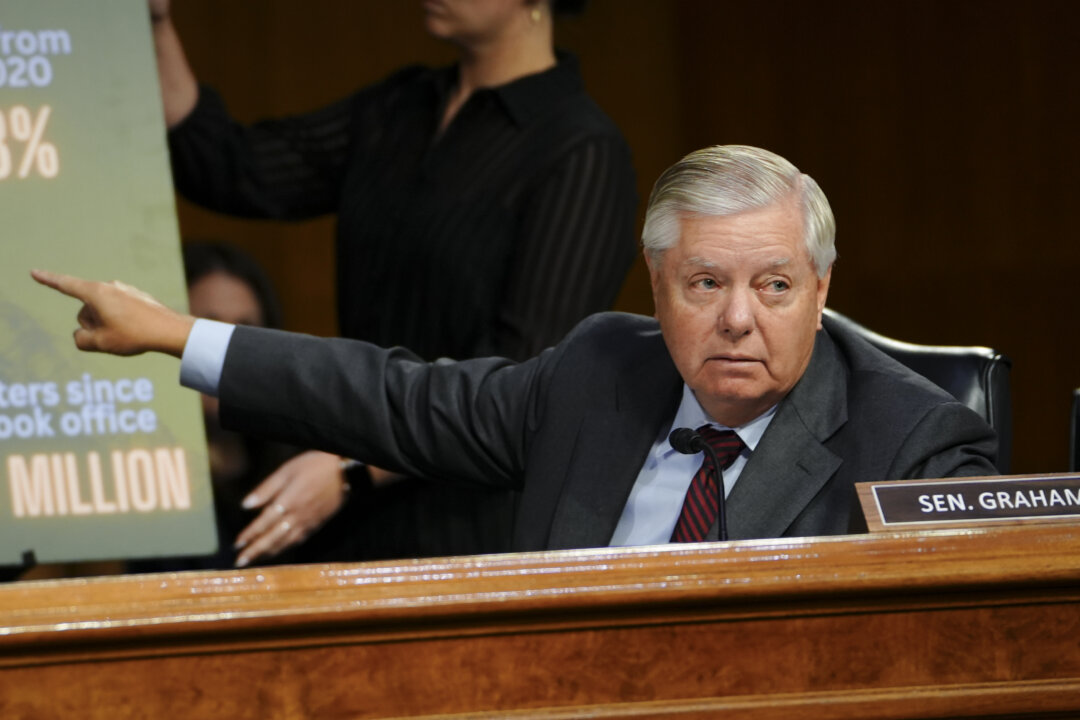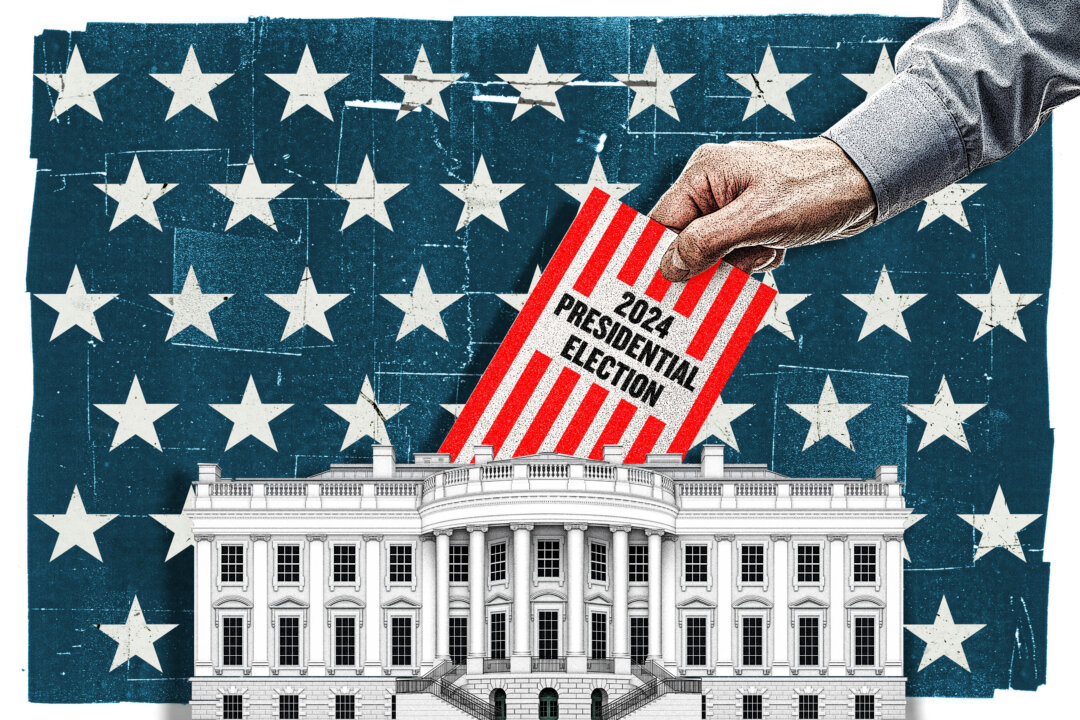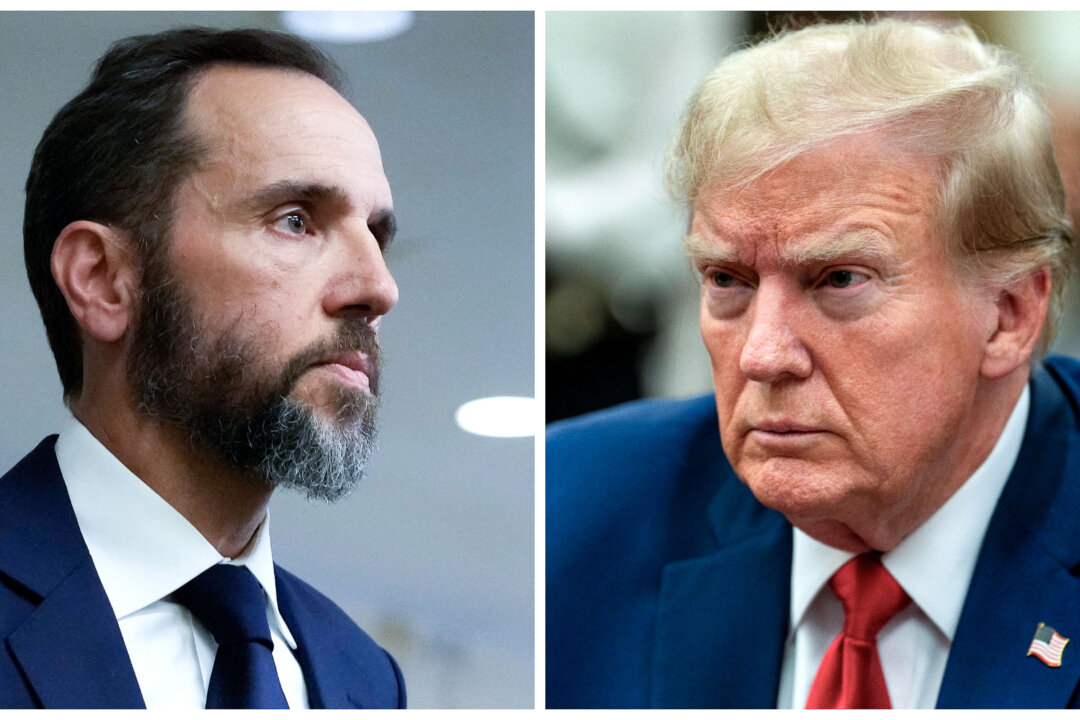Senator Angus King, an independent from Maine who caucuses with the Democrats, has taken a stand against the state’s move to exclude former President Donald Trump from the 2024 ballot. In a statement on Dec. 29, he expressed his belief that the decision to bar Trump from running for president again should ultimately be made by the American people through free and fair elections, rather than through state intervention.
King referenced Trump’s impeachment trial in January 2021, where he voted with a bipartisan majority to convict the former president. However, the required two-thirds of the Senate did not vote to convict Trump, resulting in his acquittal. King emphasized that the decision to disqualify Trump from running for president again should be left to the people, as it is the ultimate check within the constitutional system.
The impeachment trial followed the breach of the U.S. Capitol on Jan. 6, 2021, as Congress was certifying President Joe Biden’s electoral victory. King acknowledged the impeachment trial and the Secretary of State’s careful process in Maine but stressed that without a final judicial determination of a violation of the 14th Amendment’s disqualification clause, the decision regarding Trump’s eligibility for the presidency should be determined through the people’s vote in future elections.
The Maine Secretary of State is required to undertake a careful process under state law to determine whether a candidate is eligible to appear on the ballot. However, King believes that in the absence of a conclusive judicial decision, the decision to include or exclude Trump from the 2024 ballot should be determined by the people in free and fair elections.
King’s stance underscores the ongoing debate regarding Trump’s political future and the eligibility of individuals with ties to the Jan. 6 Capitol breach to run for public office. It also highlights the complexity of balancing legal processes and democratic principles in determining the eligibility of candidates for high office.
As the issue continues to unfold, King’s position adds a significant voice to the conversation surrounding Trump’s potential candidacy in the 2024 presidential election. His emphasis on the importance of the people’s role in the decision-making process aligns with broader discussions on democratic principles and electoral integrity in the United States. The ongoing debate over the state’s authority to determine the eligibility of candidates for the ballot reflects deep divisions and differing perspectives within the political landscape, both in Maine and across the nation. Ultimately, the resolution of this issue will likely have far-reaching implications for future electoral processes and the democratic system as a whole. The outcome will resonate not only in Maine, but also throughout the United States, as the nation grapples with fundamental questions about the intersection of legal standards and democratic governance.




